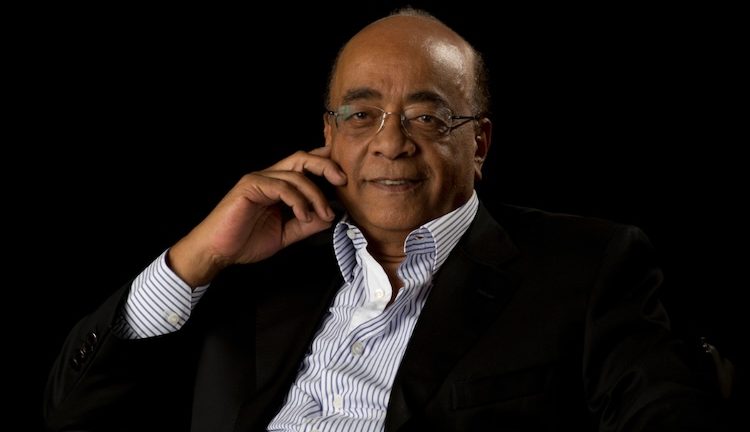By Lisa Vives, Global Information Network
NEW YORK | 9 July 2024 (IDN) — “Don’t take Africa for granted.” Those are the words of Mohamed “Mo” Ibrahim, head of the Mo Ibrahim Foundation that provides an African voice on current global challenges.
Founded in 2006, with headquarters in London and Dakar, Senegal, the foundation works to strengthen governance and leadership in Africa through its key initiative: The Ibrahim Index of African Governance.
Its stakeholders, including the youth, meet to discuss potential solutions, grounded in sound leadership and governance. Initiatives and programs inform discussions, convene stakeholders, and foster Africa’s future leaders.
The foundation’s latest report—titled “Financing Africa: Where is the Money?”—provides a comprehensive analysis of both the financial needs deemed necessary for Africa to meet its development and climate goals and the resources that are currently available.
The report makes the point that the resources mostly exist, but they either lack the relevant processes to be effectively allocated where needed, or, significantly when it comes to domestic resources, are either dormant or misused.
The World Bank’s latest Global Economic Prospects report, published on 11 June 2024, provides a sobering assessment. According to the report, global economic growth will stabilize in 2024 for the first time in three years, but at a pace insufficient for progress on development goals.
In 2024, one in four developing economies is expected to remain poorer than it was on the eve of the pandemic in 2019. Nearly half of developing economies are expected to see their income gap with advanced economies widen over the course of 2020-2024—the highest proportion since the 1990s.
This is a recipe for more instability, within and between countries, and for more conflicts.
This is not any more about Marshall Plans, or ‘helping’ to sort out a continent doomed by civil wars, gripping poverty, natural disasters, and diseases. Climate change, pandemics, wars, have become shared challenges, whatever the level of development achieved. We have become partners in crisis.
What are the needs, when it comes to Africa?
Both the UN Agenda 2030 and the African Union Agenda 2063 are far from being met, with key gaps in terms of health, food security, economic transformation and strong institutions. Assessing the financial needs to achieve the goals in due time reveals a complex picture marked by staggering numbers ranging from $900 billion to $1.3 trillion a year or higher.
Climate change exacerbates these challenges, with the continent facing an estimated annual GDP loss of up to $50 billion. Furthermore, mainly led by already developed countries whose citizens all have had access to energy for a long time, the current global conversation on climate gives the priority to mitigation. This means that the needs for adaptation, which is Africa’s priority, remain underestimated. And the needs for immediate access to energy for all are mostly overlooked.
To address these daunting challenges, where is the money?
What I hope our Forum Report will show, and I wish to warmly thank here all our external contributors, who all made the point, is that the money is there, but mainly stuck in pipes, or misused.
What is needed is not further pledges, seldom implemented anyway. What is needed is not more money, but smarter money. What is needed is a paradigm shift. One that avoids any trade-off between climate and development. One that moves beyond the aid and charity model to a cooperative, deal-making one, trading resources—key commodities, workforce and markets—with expertise and information. One that puts, not the blame, but the responsibility, and ownership, on Africa. [IDN-InDepthNews]
Photo: Mohamed “Mo” Ibrahim. Source: Mo Ibrahim Foundation


